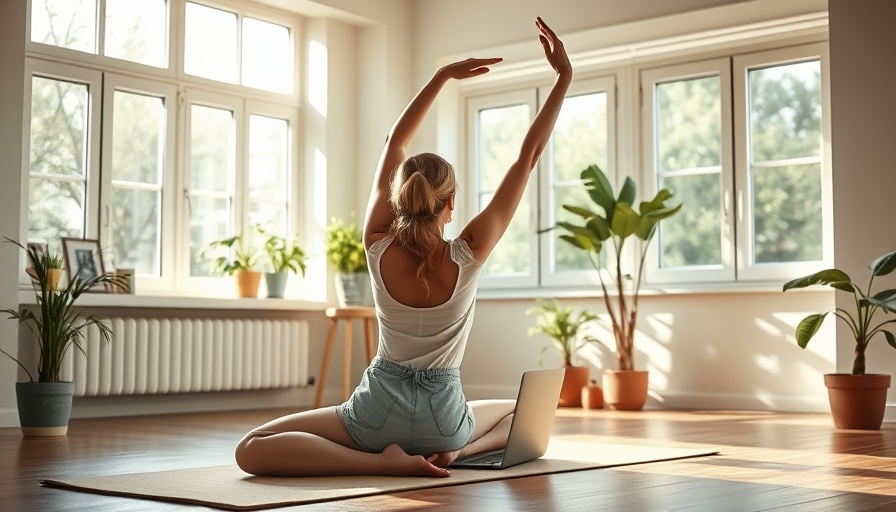
Breaking the Morning Phone Habit: A Path to Well-Being
Do you reach for your phone as soon as your alarm goes off? This common habit can disrupt your mornings more than you think. Instead of embracing a moment of calm, many of us fall into the trap of immediately scrolling through notifications and emails, letting the outside world dictate our mood and mindset before we even get out of bed.
This article highlights alternatives that can set a positive tone for your day. By replacing the urge to check your phone with mindful activities, you can create a healthier morning routine that nourishes both your body and mind.
Understanding the Impact of Morning Technology Use
It’s fascinating how our mornings shape the rest of our day. Research shows that habits formed early, particularly technology-related ones, can trigger anxiety and impact our overall mental health. By inundating ourselves with emails and news before we’re even awake, we risk starting our day on a stressed note.
Instead of immediately checking your notifications, consider how these distractions can skew your perspective. Taking a moment for self-reflection and grounding can allow for a more productive and focused day ahead.
10 Alternatives to Phone Checking
Here are ten mindful alternatives to consider incorporating into your morning routine:
- Stretch Your Body Gently - As you wake, take a few moments to stretch. This simple act can help wake up your muscles, encourage blood circulation, and promote overall well-being.
- Open a Window and Breathe Fresh Air - Invite nature in. This small ritual connects you with the morning, helping clear your mind before facing the daily grind.
- Hydrate with Water - Kickstart your metabolism by drinking a glass of water before anything else. It’s a refreshing way to reawaken your body.
- Journal Thoughts or Gratitudes - Spend five minutes journaling. Not only does it provide clarity, but it encourages positivity. Start with three things you’re grateful for!
- Engage in Mindfulness or Meditation - Take a few minutes for mindfulness practice or meditation. This habit can significantly decrease stress and enhance mental clarity.
- Read a Chapter of a Book - Instead of a quick scroll through social media, dive into a book that inspires you. Reading can stimulate your brain in a positive way.
- Plan Your Day - Outline the tasks and goals you want to achieve. This can help establish a sense of purpose as you navigate through the day.
- Enjoy a Healthy Breakfast - Savoring a nutritious meal fuels your body and sets a positive tone for your dietary choices throughout the day.
- Engage in Family or Social Time - Spend a few minutes with loved ones. This enhances your mood and fosters connection before you begin your daily hustle.
- Take a Moment to Reflect - Reflect on your dreams or hopes. This can be quite motivating and positive for future goal setting.
The Value of Mindful Mornings
By replacing the phone-checking habit with more positive actions, you can transform your mornings into dedicated moments for self-care. Each of these activities not only enhances well-being but also reinforces the importance of being present in your life.
How You Can Implement These Changes Effectively
Changing a habit, especially one as ingrained as morning phone checking, can be challenging. Start by gradually introducing one or two of these practices into your routine. Set a goal for one week, then reflect on how these changes affect your mood and productivity. Remember, small adjustments can lead to significant changes over time.
A Balanced Approach to Technology Usage
While technology is an essential part of our modern lives, a balanced approach enables healthier interactions with it. By nurturing your body and mind each morning without the pressure of immediate notifications, you can face the day with improved resilience and sustainability in your lifestyle.
Ready to reclaim your mornings? Prioritize self-care before diving into the demands of the day. Start by minimizing technology use in your first waking moments and embrace a more fulfilled, intentional start.
 Add Row
Add Row  Add
Add 




Write A Comment